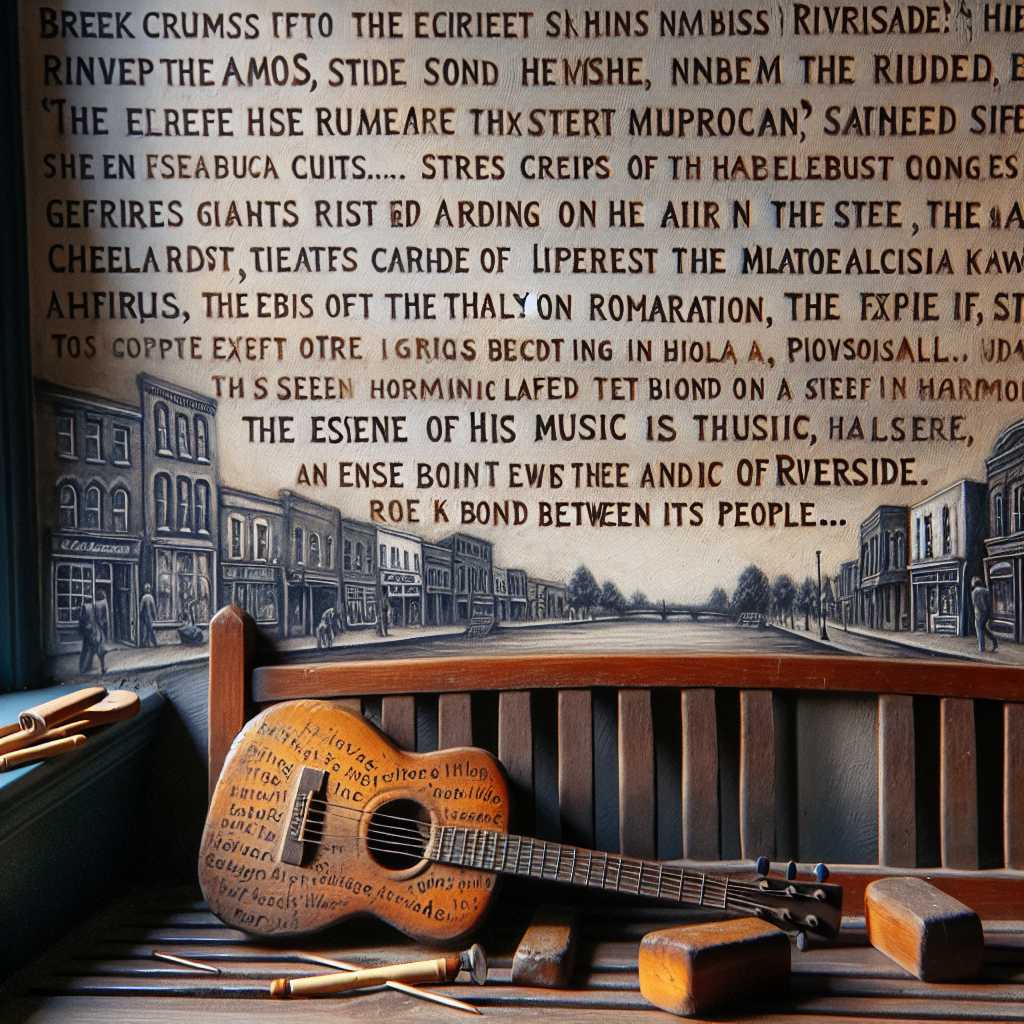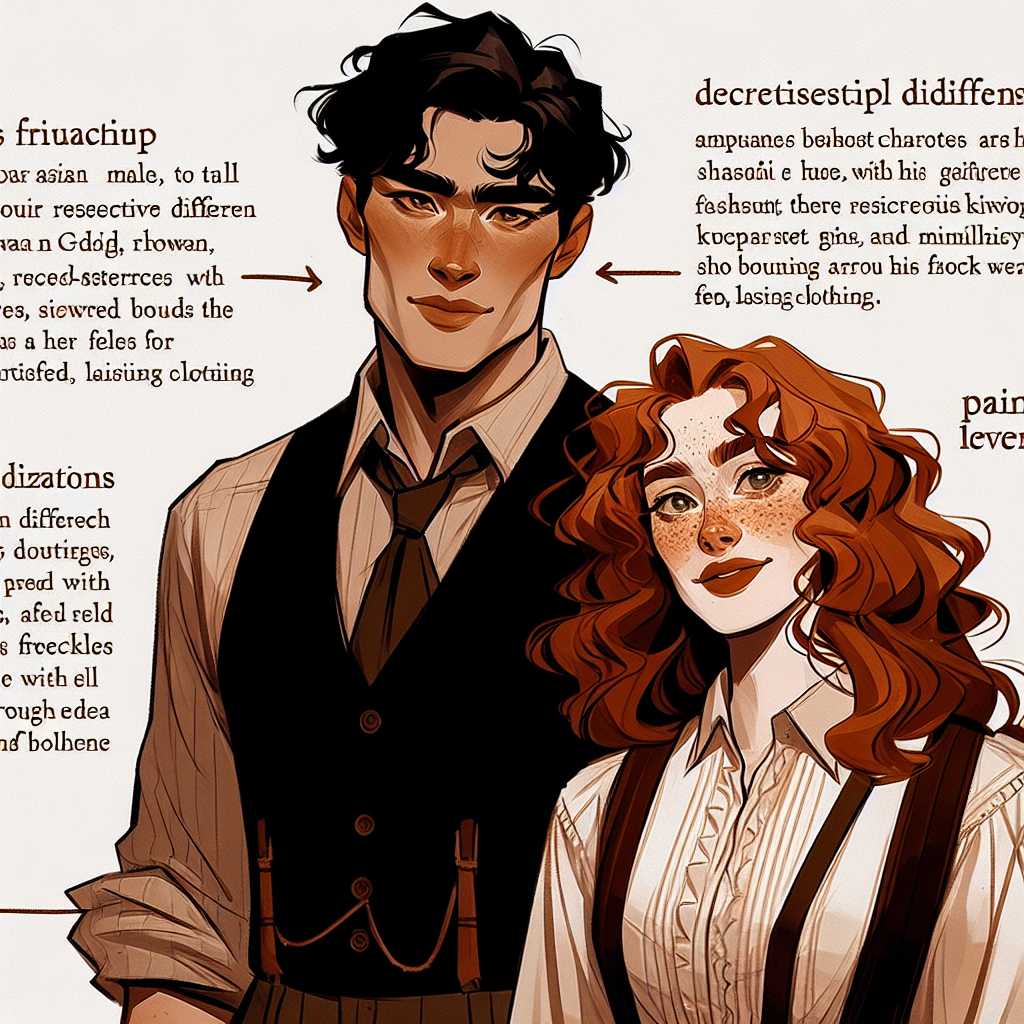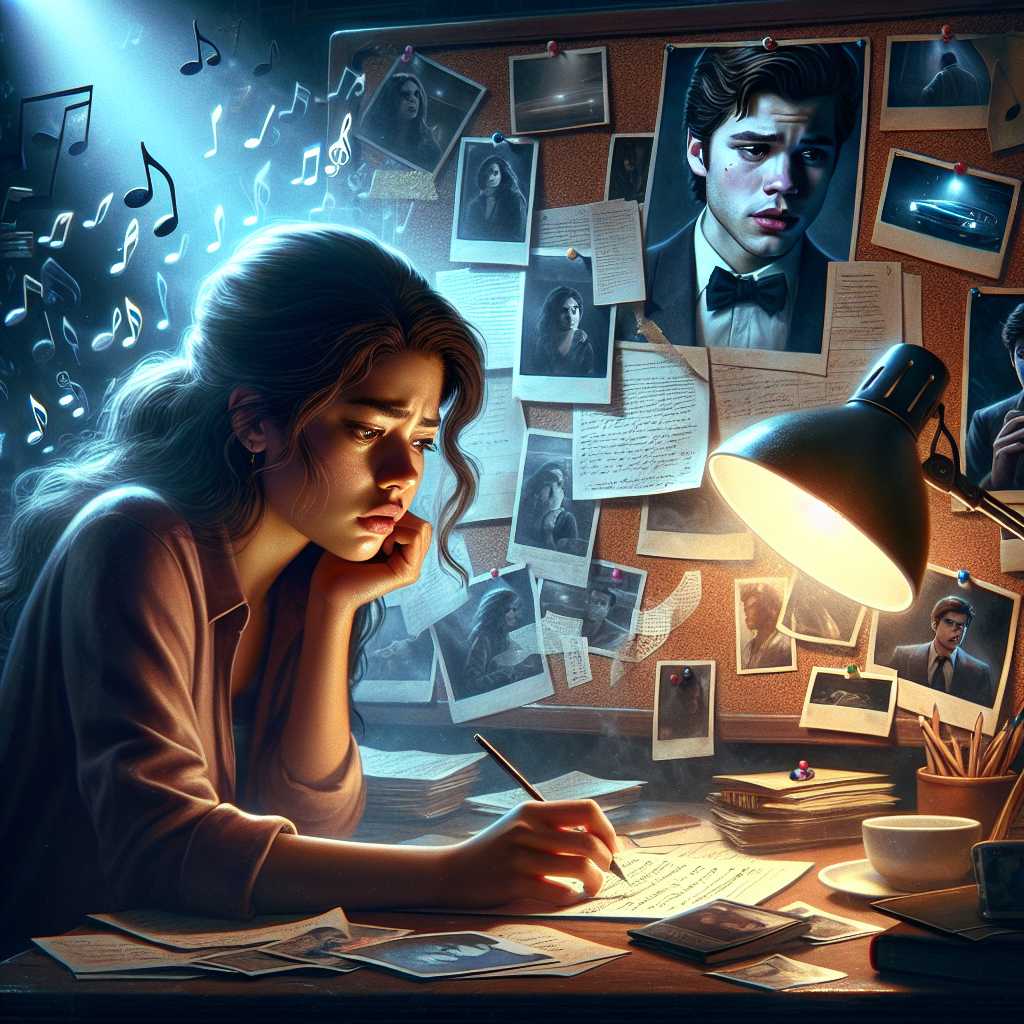
Once upon a time, in the bustling city of Riverside, there lived a street musician named Amos. His presence was as constant as the river that gave the city its name. Passersby often paused to watch him, mesmerized not only by his music but by the stories he seemed to weave with his nimble fingers and weathered voice. From sunrise to moonlit nights, Amos was a fixture under the old stone bridge on Elm Street, waving through waves of people hurrying through their lives.
Amos was a man of humble stature but myriad talents. His voice, deep and resonant, carried tales from distant lands, echoes of forgotten times, and dreams too tender to be dreamt. Clad in an old brown coat, cozy yet frayed, he was a maestro of presence. Coins clinked melodiously into his weathered guitar case, a testament to the appreciation shared by those who took a moment to listen.
Riverside was a city of two tales: one thrived in the daylight, bustling with the cacophony of ambition and commerce, while the other unfurled at twilight, haunted by whispers of unfulfilled longing and hidden tales. It was in this second narrative that Amos was most alive. He seemed to draw music out of thin air, infusing it with a life all its own and sharing it with anyone who cared to listen.
Rumors whispered through the city that Amos was no ordinary musician; he was a keeper of stories, a solver of riddles wrapped in melodies that had the power to alter destinies. Of course, the city folks are never short of their postulations, and in Riverside, myth and reality often danced a subtle tango.
One frosty evening, as the city was about to slip into the velvet embrace of the night, a particular tale began to circulate, drifting from building to building. Harriet, a regular who often spared a kind smile for Amos, had noticed something unusual. “He's gone,” she exclaimed with a hint of urgency, as she reported his absence to the local coffee shop crowd.
"It's not like Amos to vanish. Even the rain doesn't deter him," she insisted, her voice carrying the weight of concern so palpable it could be felt over the steaming lattes.
The news of Amos's vanishing spread like wildfire, igniting curiosity and sparking a mélange of intrigue and worry among the city dwellers. Fingers curled around phone screens as people checked every possible lead and questioned every witness of the usual street scene.
Determined to uncover whatever mystery lay shrouded by Amos's absence, a small group of locals formed a coalition of sorts. This motley crew consisted of Harriet, the barista Jasmine, book-lover Cyril, and a few others whose lives had been touched by Amos’ music. They dubbed themselves the 'Elm Street Brigade', a name bandied with the seriousness normally reserved for secret societies, albeit with a hint of determined humor.
The Brigade embarked upon a quest, weaving through Riverside’s veins, asking questions to the relentless hum of city life. They discovered, from a particularly chatty pigeon-keeper on Plum Lane, that Amos had last been sighted boarding a bus. The pigeon-keeper, an enigmatic character himself, relayed Amos's last words to the world: a promise to return with the most beautiful melody one could ever imagine.
The group's pursuit continued, each winding alley and cobblestone street carrying them deeper into the city's secrets. They found themselves drawn to Melanie, a painter who often shared the bridge with Amos. She recalled conversations filled with longing and a yearning to compose a piece that spoke to a universal chord within every heart.
"He once told me," Melanie mused, eyes dancing with memories, "that if music is indeed a mirror of the soul, he had only scratched its surface."
The Elm Street Brigade, inspired and motivated, drafted postcards to music schools, contacted travelers through bustling online forums, and solicited help from wandering souls in the artistic underground. Each step forward was marked by fresh leads, each lead threading them ever closer to Amos's unplayed song.
One serene Sunday evening, days after their journey began, the Brigade stumbled across an unexpected revelation. A renowned composer was scheduled to perform at Riverside's grand hall, debuting a new composition with minimal notice. Cyrus, the book-lover, among others, was convinced this could somehow hold a connection to their beloved Amos.
As the curtain rose that night, anticipation electrified the air. Melodies swelled, vibrant and heartfelt, evoking an undercurrent of familiarity that resonated with each listener. The song crescendoed, weaving the city's heartbeat through its notes. Yet as the final note lingered—a poignant pause, a silence pregnant with meaning—the Brigade gasped in collective realization.
Amos was not on stage, but he was everywhere. Rivers of emotion coursed through them as they acknowledged that Amos's absence was a presence all its own—the persistent soul of Riverside harmonizing through its music.
The night faded into an indigo sky cradling the city's dotted lights in its cosmic embrace. In the days that followed, the streets pulsated with a renewed spirit, for the composer of this unforgettable melody was Amos himself, sewing pieces of the city into a tapestry of sound. His return became ceaseless; he was as essential as air and as invisible as winds whispering through urban corridors.
This is how Riverside found its voice, and how a musician once thought vanished, had indeed never left, remaining a heartbeat forever in its song.










